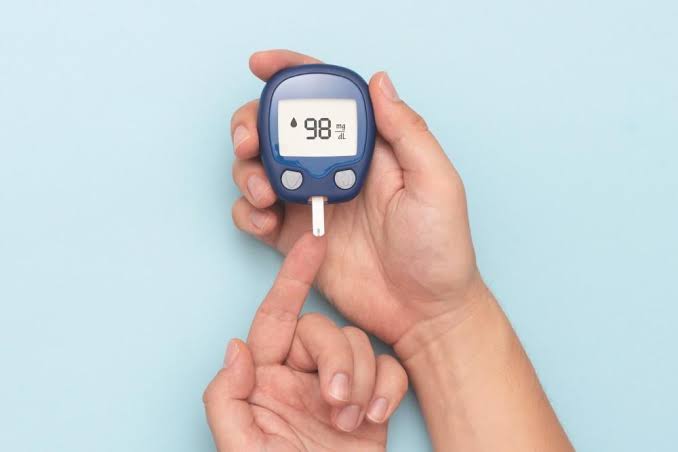Online Physiotherapy Services: How to Access Professional Physio Care Remotely
Discomfort and pain can slip into life unnoticed, whether it’s from desk time that turns into hours, an injury playing…

A balanced strategy that incorporates regular blood sugar monitoring, a balanced diet, regular exercise, the right medication regimen, and stress management is needed to ensure ideal blood sugar levels.
Maintaining stable blood sugar levels is essential for the well-being of diabetics and for preventing consequences such as kidney diseases, heart problems, and vision issues. Fortunately, there are several things you can do to ensure optimal blood sugar levels. Read on to learn about some of the most effective tips to help you keep your blood sugar under control.
A blood sugar target refers to the range you aim to maintain regularly. Common targets include:
Your specific targets may vary based on factors like your age, existing health conditions, and other considerations. It’s important to consult your healthcare team to determine the ideal range for you.
Here are some effective tips to ensure healthy blood sugar levels:
Regular monitoring of your blood sugar levels is essential for identifying what effectively manages your diabetes. One of the most reliable methods is the haemoglobin A1c (HbA1c) test, which provides an average of your blood sugar levels over the last 2-3 months. The HbA1c test price is well worth it, as it plays a crucial role in helping you develop an effective blood sugar management plan.
Carbohydrates tend to have the greatest effect on blood sugar levels because the body converts them into sugar. This makes it important to monitor your carb intake. Certain carbs, like those found in vegetables, fruits, and whole grains, are more beneficial as they are nutrient-rich and contain fibre, which helps maintain stable blood sugar levels. It’s best to limit refined, highly processed carbs such as white rice, white bread, sugary cereals, cookies, candy, cakes, and chips.
Sugar-sweetened beverages are typically high in calories and offer little nutritional value. They can cause a rapid spike in blood sugar levels, making it important to limit them if you have diabetes. However, they can be helpful in cases of low blood sugar, as they quickly raise glucose levels. Examples of such drinks include juice, regular soda, and sports drinks.
Exercise plays a key role in diabetes management. Physical activity helps your muscles use blood sugar for energy, while also improving your body’s ability to use insulin. These combined effects help lower blood sugar levels. The more intense the exercise, the longer the benefits last, though even light activities like gardening, housework, or walking can have a positive impact on blood sugar control.
Insulin and other diabetes medications are used to lower blood sugar when diet and exercise alone aren’t sufficient. Their effectiveness depends on the timing and dosage. Additionally, medications taken for other health conditions can impact blood sugar levels. To maintain healthy levels, it’s important to take all prescribed medicines and insulin as directed and store insulin properly. If your medications cause blood sugar to drop too low or don’t lower it enough, adjustments to the dosage or timing might be needed. Always consult your healthcare provider or pharmacist before starting any new medications.
Managing stress is crucial when living with diabetes. Stress hormones can cause blood sugar levels to increase, and it may be more challenging to stick to your diabetes management routine during times of heightened stress. Try to avoid situations that trigger stress when possible. Regular exercise can help reduce stress and lower blood sugar. Additionally, practising relaxation techniques like meditation, yoga, and deep breathing can be beneficial. For more support, consider working with a psychologist or a therapist to help manage stress effectively.
Maintaining optimal blood sugar levels is essential for individuals with diabetes to prevent complications and promote overall health. You can also check HbA1c test price online before getting the test done. By regularly monitoring your blood sugar, regulating carbohydrate intake, limiting sugary drinks, staying active, adhering to prescribed medications, and managing stress, you can effectively control your blood sugar levels. These lifestyle adjustments, combined with professional guidance from your healthcare team, will help you develop a comprehensive diabetes management plan tailored to your needs.
Advertisement